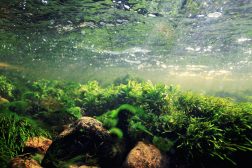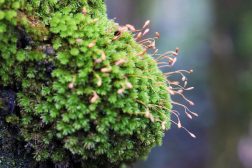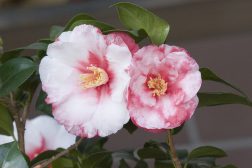Definition
noun, plural: analogies
(evolutionary biology) Structural or behavioural similarity in terms of functions between unrelated species or organisms but do not share a common ancestral or developmental origin
Supplement
In the context of evolutionary biology, analogy pertains to the state of similarity in function but necessarily similar in structure and anatomical position between different organisms. This is in contrast to the homology that refers to the similarities between organisms in terms of structures and anatomy. Structures showing homology are termed homologous structures. They may be similar in structure and appearance but they perform a different function. On the other hand, structures showing analogy are called analogous structures.
Analogous structures and homologous structures also differ in terms of evolutionary origin. Analogous structures do not indicate a common ancestry whereas homologous structures do.
Analogy is one in which the anatomical structures (or behavioral traits) between two unrelated organisms perform the same functions but do not originate from an ancestral structure (or trait) that organisms ancestors had in common. Instead, the structures or traits arose separately and then later evolved to perform the same function (or similar functions).
Word origin: from Greek analogia (ratio, correspondence)
Compare:
- homology (evolutionary biology)
See also:
Related term(s):






